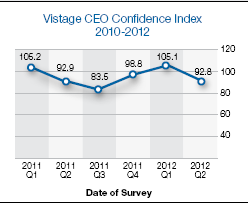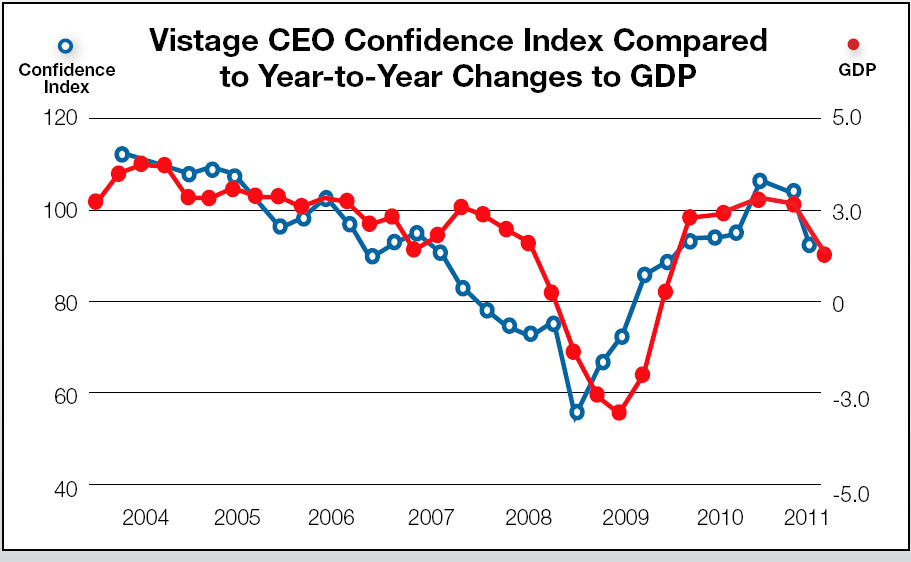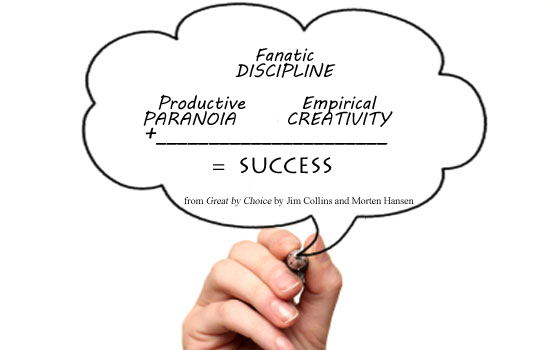 Despite the sticky unemployment numbers, businesses are hiring. See 9/20/11 Blog “The Economic Shift” for a discussion as to some reasons for this dichotomy.
Despite the sticky unemployment numbers, businesses are hiring. See 9/20/11 Blog “The Economic Shift” for a discussion as to some reasons for this dichotomy.
Now, back to the point of this post…
I am seeing a lot of discussion about the questions to ask in an interview to learn the fit of a potential hire.
Two of my favorites,
From Bob Herbold, the former Chief Operating Officer of Microsoft Corporation and author of What’s Holding You Back: 10 Bold Steps that Define Gutsy Leaders.
When you were young, who was the person that was most influential in teaching you valuable lessons about life? What were those lessons the person taught you? What are those tapes this person put into your head that are still there today and have emerged as guiding principles for you?
The lessons you are looking for are basic principles that suggest a high degree of self confidence, a sense of personal responsibility, a strong drive to achieve, and solid fundamental ethics. No hint of these kinds of traits should be a red flag.
From Jeffrey Stibel is Chairman and CEO of Dun & Bradstreet Credibility Corp. and author of Wired for Thought.
Describe a time when you failed, tell me what you learned. Jeff asks all of his employees to share their answer to this question on “the failure wall” posted in his office. His passionate belief is success by failure is not an oxymoron. When you make a mistake, you’re forced to look back and find out exactly where you went wrong, and formulate a new plan for your next attempt.
As Vistage speaker Brad Remillard always says, “we hire on skills and fire on behavior”. These questions above are two of my favorite behavior questions, what are yours?
Elisa K Spain


















 The initial results of my Pivot are excellent. I feel I have much greater clarity regarding the next 3-5 years..
The initial results of my Pivot are excellent. I feel I have much greater clarity regarding the next 3-5 years..  John Yerger
John Yerger